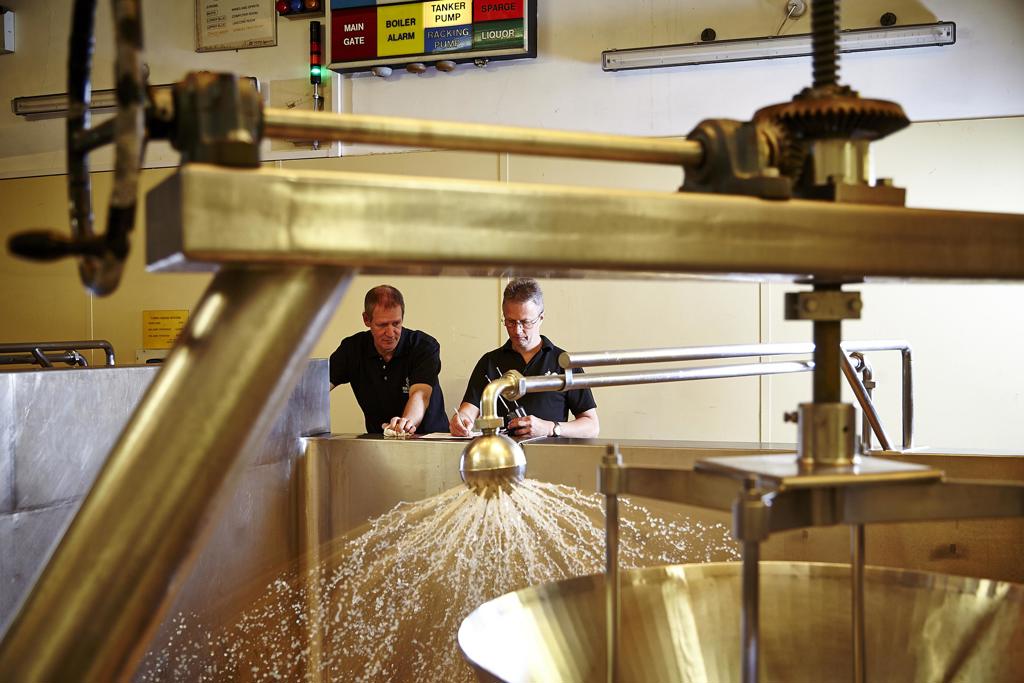
As the impacts of a changing climate hit agricultural supply chains, it is clear that the UK brewing industry is vulnerable to risks can which ripple from farm to pint glass.
Acknowledging these risks, in 2024 the British Beer and Pub Association and the Zero Carbon Forum commissioned specialist sustainability consultancy, 3Keel, to carry out a project to assess climate risks facing the UK brewing sector and to identify actions to build resilience. The assessment focuses raw material input risks, as these were deemed as most existential, with the potential to disrupt the sector’s ability to operate.
This study includes a detailed assessment of the potential scale of three physical climate risks on barley and hop growing in the UK. We used GIS mapping to identify the UK regions where the manifestation of risks is projected to be most severe. Accounting for the unique vulnerability of hops and barley to each risk allowed us to identify location specific hotspots per crop.
From desk-based research, we also assessed the magnitude of material climate risks in key international hops and barley sourcing locations. We drew on secondary risk modelling studies and agronomic experiments as an evidence base.
Given the increasing climate pressures on barley and hop production, including drought, flooding, and extreme temperatures, targeted adaptation strategies at the farm level are essential for ensuring long-term resilience of supply. This section identifies the most effective agronomic measures to mitigate the material risks outlined in Section 2. As key beneficiaries of a stable and sustainable ingredient supply, brewers have a direct responsibility to drive uptake of these measures by supporting farmers with financial incentives, long-term contracts, and knowledge-sharing initiatives.
The following section outlines the key strategic recommendations aimed at building long-term resilience for barley & hop production and securing the supply chain for the UK brewing sector. These recommendations are designed from a sector-wide perspective, recognising that the most effective response to climate risk requires collective action across growers, brewers, and policymakers.







